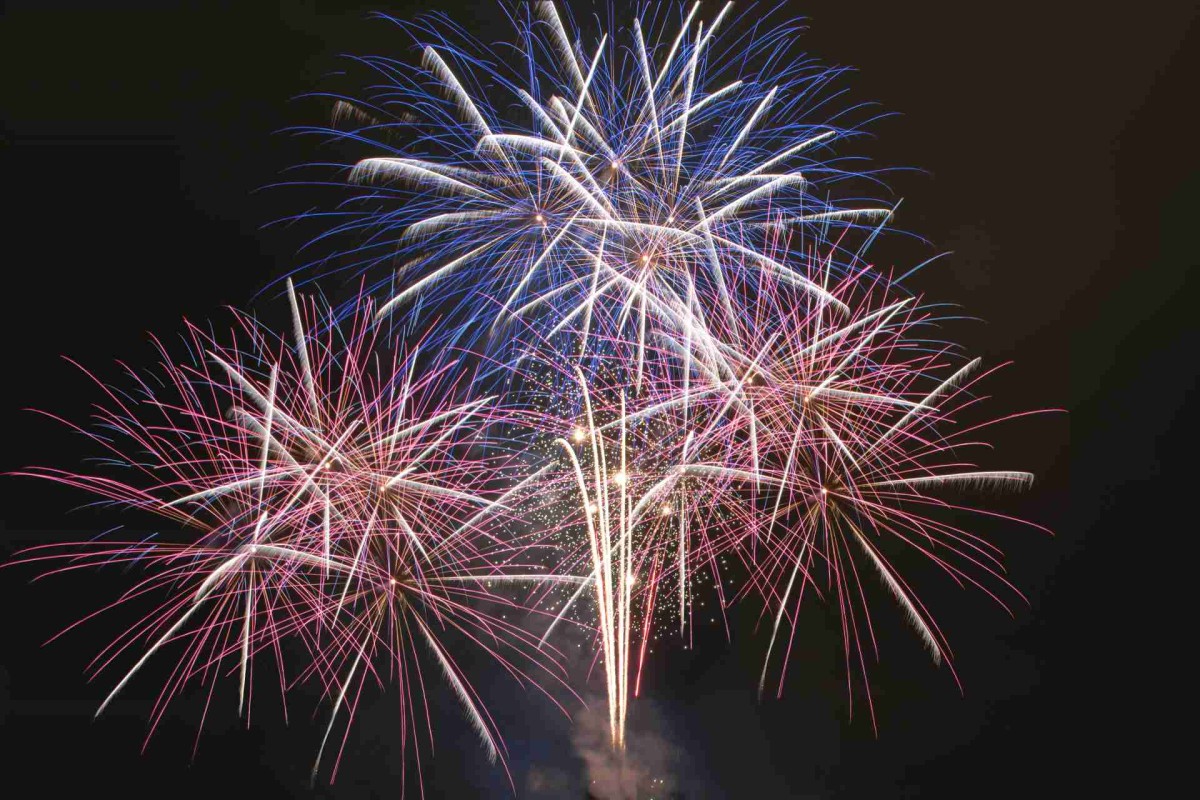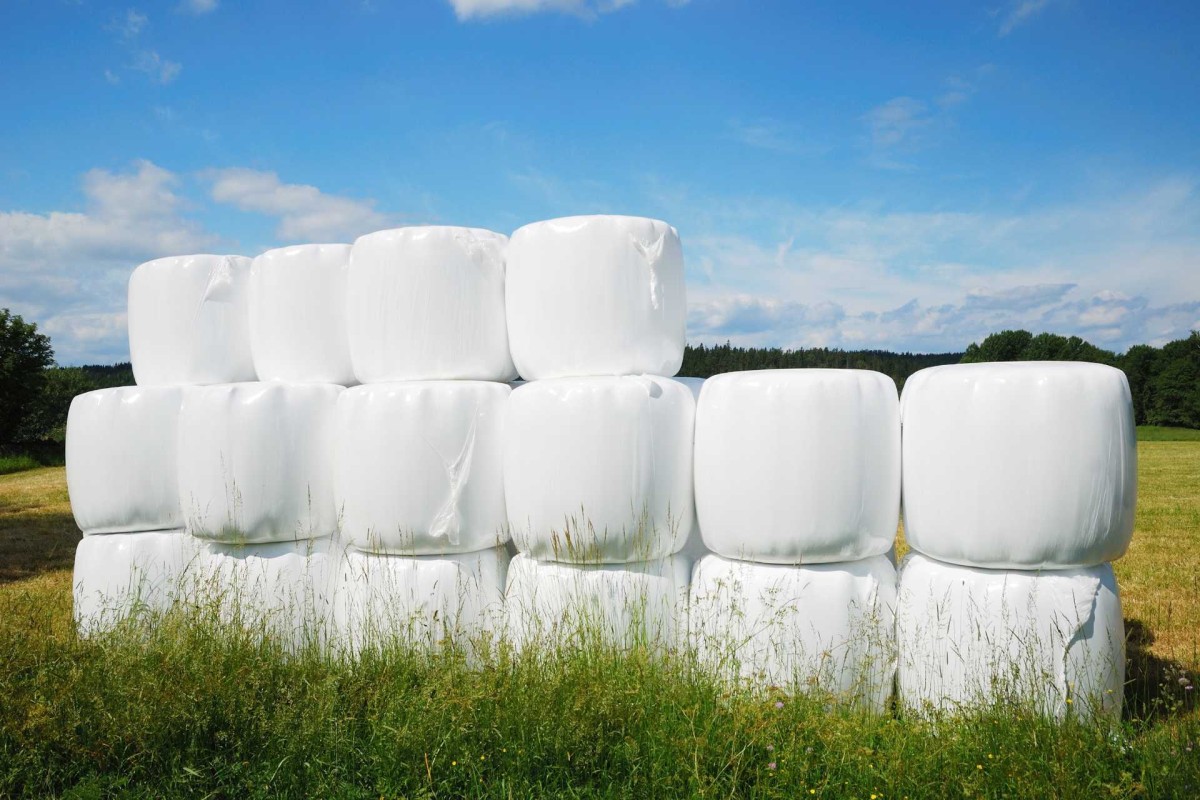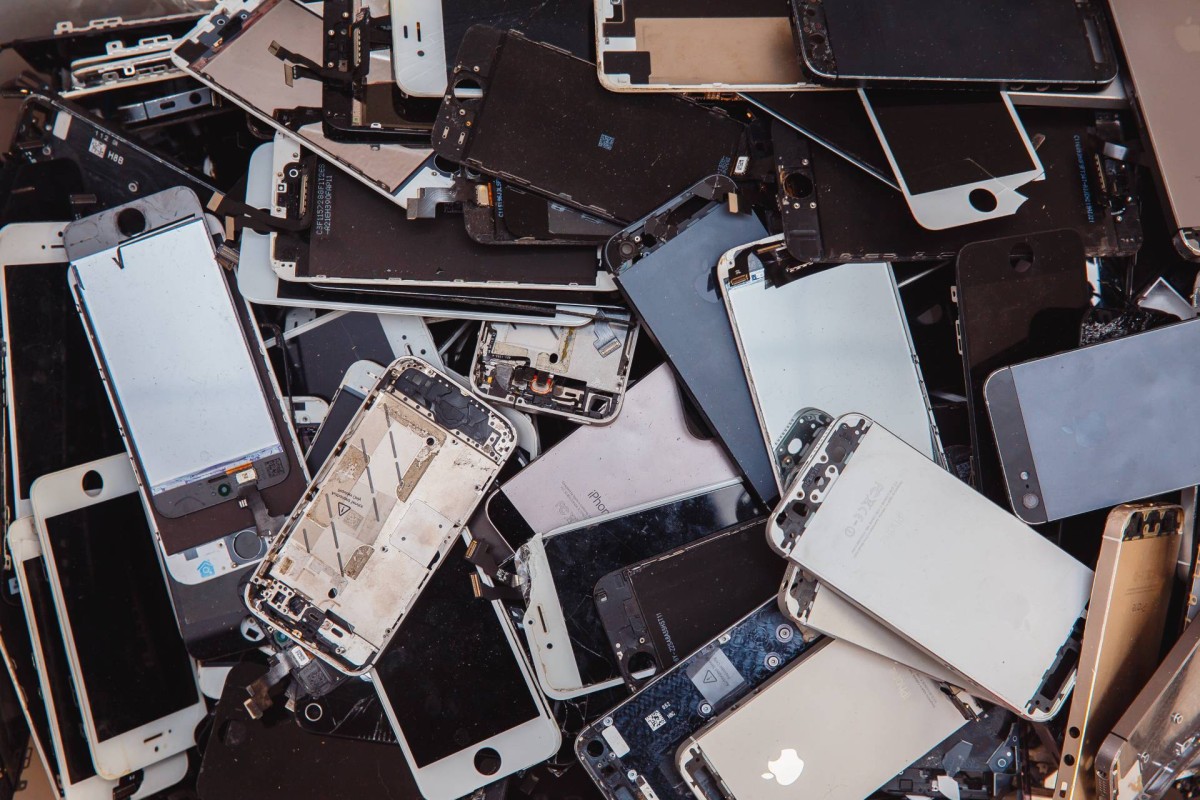With Guy Fawkes comes the annual conversation of whether New Zealand should ban fireworks outright. Fireworks can only be sold for four days in the calendar year, from November 2 to November 5, which is Guy Fawkes Day.
New Zealanders mark Guy Fawkes with fireworks and bonfires, a tradition carried over from their British colonial heritage, commemorating the failed Gunpowder Plot of 1605. Today, the event has largely shifted from its original anti-Catholic and anti-parliamentary roots, becoming instead a casual celebration of early summer and a chance for social gatherings.
Some people love fireworks and the November spectacle, but others deeply dislike it. Fire and Emergency New Zealand (FENZ) advocates say they know how dangerous fireworks can be, urging people to think carefully before lighting them at home and to attend public displays instead, especially as windy, dry conditions heighten the fire risk.
The warnings come as severe winds and intense wildfires continue to affect parts of the country. Just this month, experts have cautioned that changing weather patterns and increasingly dry conditions are creating the perfect environment for fires to spread rapidly. These concerns are compounded by the unpredictability of New Zealand’s spring weather, which is often gusty, warm, and tinder-dry in many regions, making fireworks a particularly risky pastime.
There are currently several petitions before Parliament calling for a ban on the public sale of fireworks. Fire and Emergency has submitted in support of these petitions, stating that the public sale of fireworks poses unacceptable risks to communities and to their own personnel, and that these risks are inconsistent with their principal objectives. While awaiting a decision from the Government, FENZ continues to urge people to avoid using fireworks altogether, or, if they must, to follow safety advice available at www.checkitsalright.nz.
Animal welfare groups, including the SPCA, have also long opposed the private use of fireworks, highlighting the distress they cause pets and wildlife. Loud explosions and bright flashes can send animals fleeing in panic, leading to injury, trauma, or loss.
The SPCA supports a nationwide ban on the public sale of fireworks, while acknowledging that many New Zealanders include fireworks in celebrations such as Matariki, Diwali, Chinese New Year, and Guy Fawkes. The organisation supports controlled, notified public firework displays as a safer, more responsible alternative.
Environmental advocates, too, have raised alarms over the pollution, waste, and carbon emissions fireworks produce. Firework debris can litter beaches, parks, and backyards, while the smoke contributes to air pollution and affects air quality, particularly in urban areas.
Despite these growing concerns, many New Zealanders remain attached to the annual ritual. For some, fireworks are an essential part of family traditions and cultural celebrations—a fleeting moment of shared joy and wonder. Opponents of a ban argue that most people use fireworks responsibly and that better education and enforcement, rather than prohibition, is the answer.
However, as climate pressures intensify and communities face rising fire risks, the balance may be shifting. Each year, emergency services prepare for hundreds of firework-related callouts, often involving grass fires, property damage, and preventable injuries. In 2023, FENZ responded to dozens of fire incidents directly linked to fireworks during the Guy Fawkes period alone.
The Government has yet to indicate whether it will act on the current petitions, but the public conversation continues to grow louder. As summer approaches and fire risks rise, the question looms larger than ever: is the brief spectacle of fireworks worth the danger, disruption, and damage they can cause?























